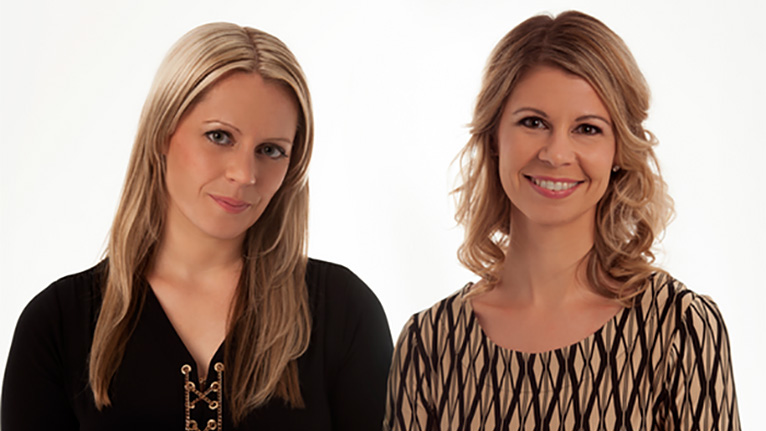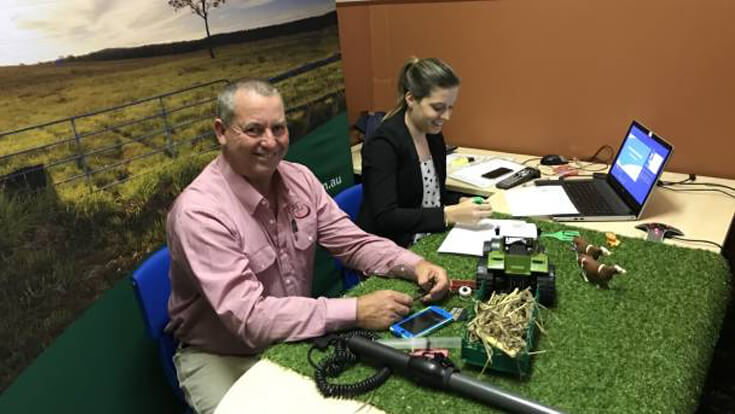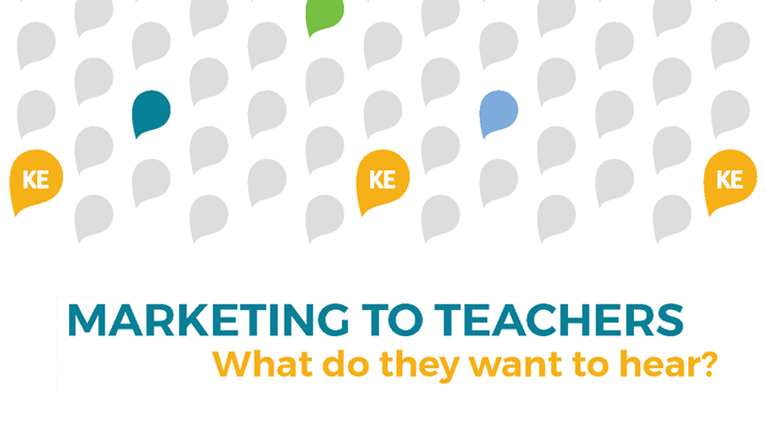Six Steps To School Program Success: Step 1 Ask Teachers What They Want

Six Steps To School Program Success: Step 1 Ask Teachers What They Want
Over the last five years the team at Kimberlin Education have refined and perfected our process of developing an awesome school program that teachers love and students can’t get enough of. We have distilled this process down to 6 key steps we think are essential to school program success.
Our proven six steps are:
- Teacher Market Research
- Teacher Resources
- Student Resources
- Delivery Channel
- Teacher Marketing
- Impact Evaluation
In this post we focus on Step 1. Teacher Market Research, how to find out exactly what teachers are looking for.
At Kimberlin we have a great team of inhouse educators, all qualified teachers who have spent many years teaching in the classroom. It is their knowledge and expertise in the Australian education system across government, Catholic and independent schools, that make them perfect for leading our market research in the school sector.
Whenever we work with a new client, we always suggest conducting teacher market research with a sample of the teaching population that best represents their target demographic.
We like to backup quantitative research questions with qualitative research to get a complete understanding of what teachers really need in this particular area. But keep it short and sweet, any more than 20 questions and you will find a most teachers don’t make it all the way through to the end.
Types Of Questions
Choosing the right questions is an art form and will have a big influence on the validity of your results. We recommend starting with a few demographic questions, so you can look for correlation between different variables, then structure your questions around the key elements of your product or resources.
A sample question set might include:
- Demographic questions
- Subject and topic
- What resources do you currently use to teach this subject?
- Timing of teaching
- When does this subject typically feature in your programming and sequencing?
- Marketing
- How do you find resources related to this subject area?
We spend a lot of time not just thinking about the right questions to ask, but the right way to ask them, so you get the deep insights you need to make your program great.
Make Sure You Give Back
For teachers, time is a precious commodity and we always recommend that if you are asking teachers to spend time giving you their valuable insights, you should give them something in return as a token of your appreciation. At Kimberlin we have found that like the rest of us, teachers all like different things, so offering them a voucher that can be used in a variety of different outlets means they can choose something they really want. Other options include offering a sample of one of your products or tickets to your excursion.
Turning Teachers Into Advocates
Like the rest of us, teachers like to know that their opinions count. One of the great things we have found by conducting teacher market research is that teachers are interested in finding out what came out of that research. So if you conduct research that influences the resources you create, make sure that the you let the teachers involved know that the resource now exists and where they can view it, and of course don’t forget to thank them again for their input. You will often find that the teachers share the resources that they have had an input into with their networks, turning your research participants into advocates for your program.
If you would like to find out more about conducting teacher market research for your product, program or resources, get in touch! hello@kimberlineducation.com.au













